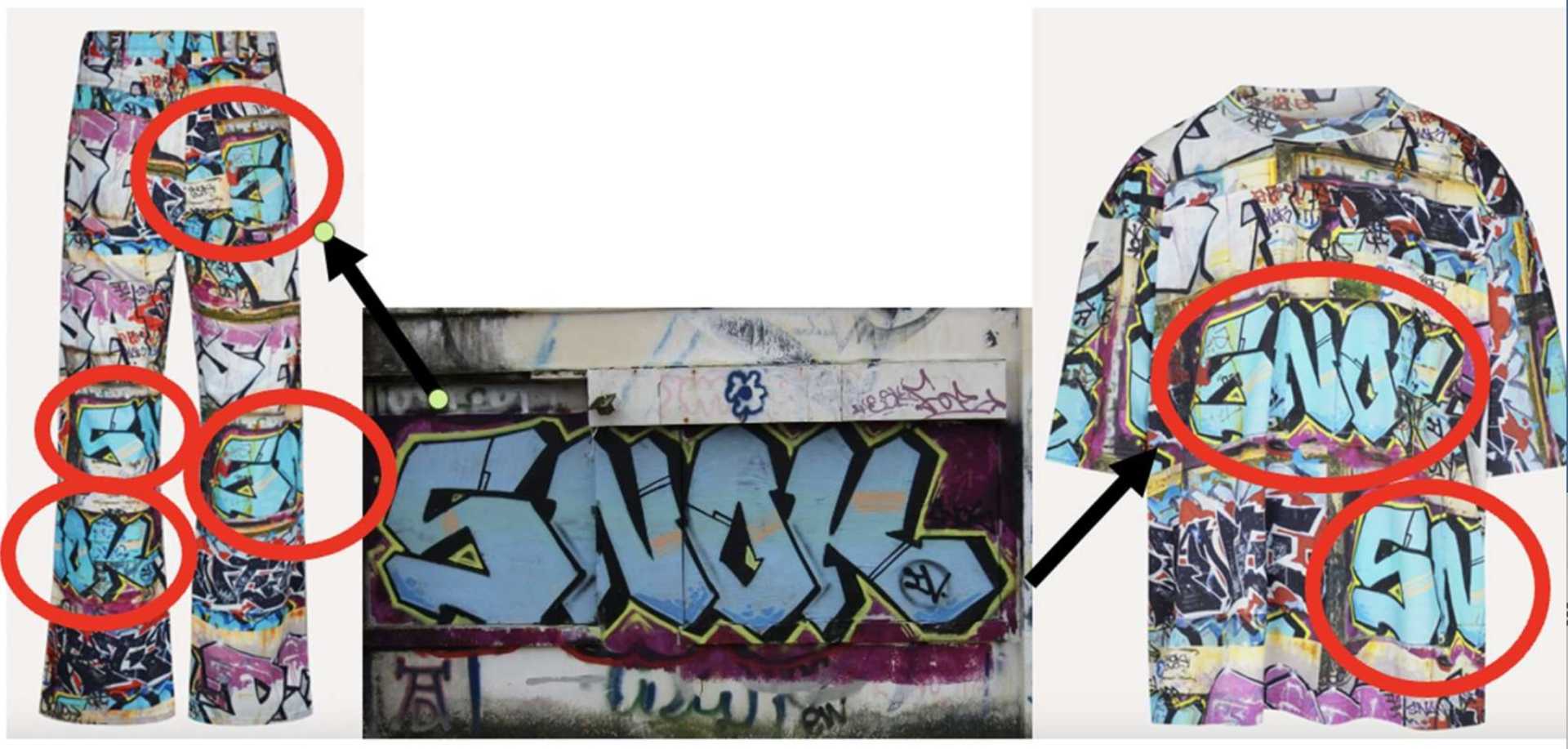Business
Vivienne Westwood Responds to Lawsuit by Street Artists Over Artwork Use

LOS ANGELES, Calif. — Fashion designer Vivienne Westwood has responded to a lawsuit filed by three street artists over the unauthorized use of their artwork on apparel sold by Westwood and Farfetch. The artists allege that their distinctive graffiti styles were used without permission, aiming to enhance the appeal of the brands.
The complaint, lodged earlier this year, claims that Westwood’s company exploited the artists’ work “to lend credibility and an aura of urban cool” to its clothing lines. They are seeking a jury trial and unspecified damages for what they describe as a blatant misuse of their artistic creation.
In a 14-page legal response submitted Wednesday in the Central District of California, Westwood, along with her company’s Italian arm, Latimo SA, denied the allegations, stating they lacked sufficient information to either admit or deny the claims made against them.
The defendants maintain that they have not violated any laws. They further point out that the apparel in question lacks copyright management information typically protected under the Digital Millennium Copyright Act. This suggests a legal battle over whether the artists’ street styles were appropriated without permission.
Jeffrey Gluck, representing the three artists, expressed disappointment with Westwood’s response, mentioning that it feels contradictory for a designer who built a brand based on counterculture to undermine the legal rights of artists. “It is pathetic,” he said, referring to the lack of compensation for the artists. “The global graffiti community is not new to this fight, and they will stand up for their rights now just as they always have in the face of unjust corporate exploitation.”
Gluck also recalled a previous legal case where fashion brand H&M reached a settlement with street artist Revok over the unauthorized use of artwork in advertising, leading to funding for Detroit art institutions in 2018. This context highlights ongoing tensions between street artists and commercial brands over copyright issues.












